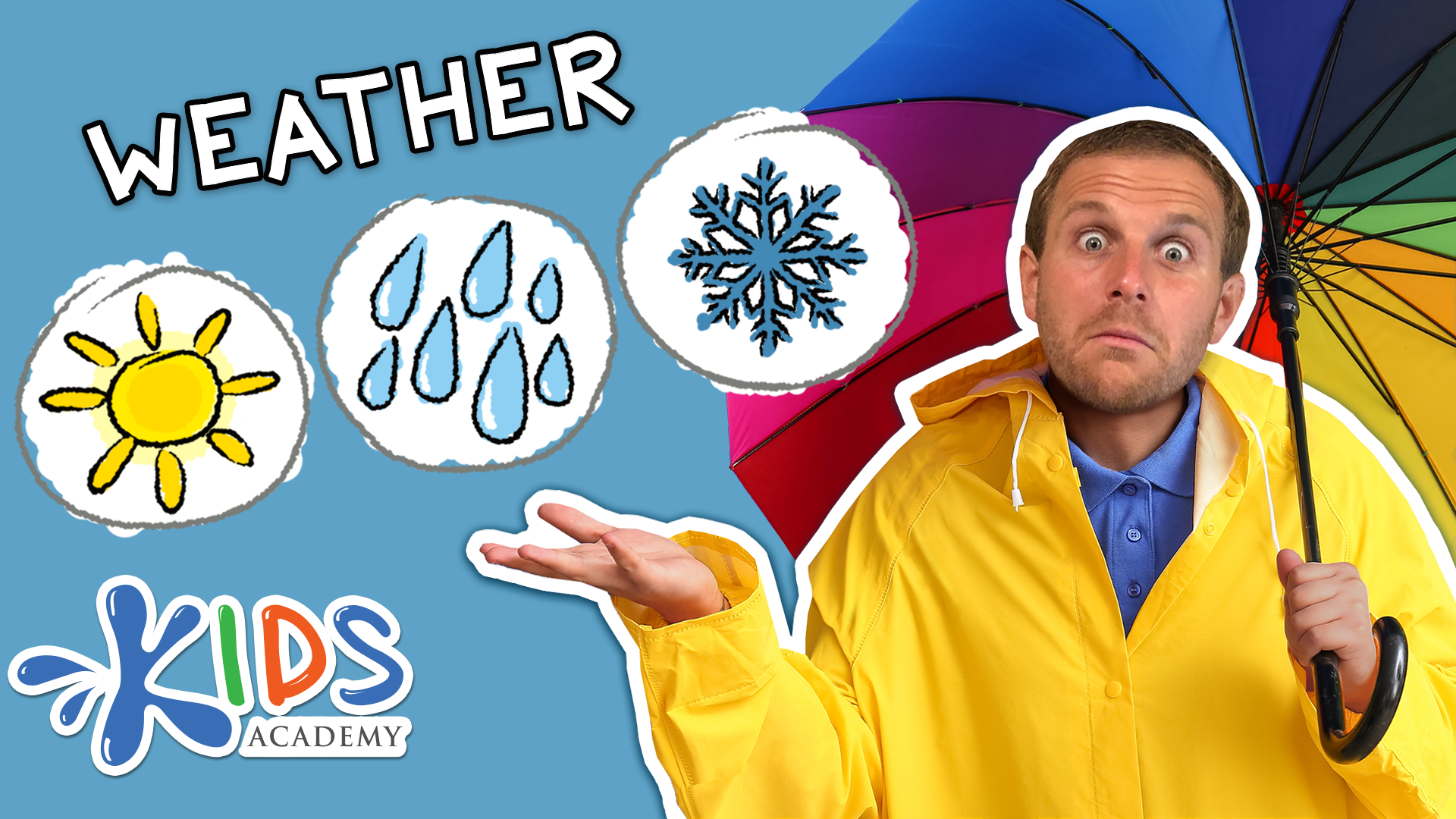Learning about ecosystems Worksheets for Ages 8-9
5 filtered results
-
From - To
Unlock your child's curiosity about the natural world with our "Learning about Ecosystems" worksheets, specifically designed for ages 8-9. These engaging worksheets introduce young learners to the intricate relationships within ecosystems, helping them explore concepts like food webs, habitats, and biodiversity. Featuring a variety of activities such as matching, drawing, and critical thinking exercises, children will deepen their understanding of how living organisms interact with their environment. Perfect for home or classroom use, these worksheets foster ecological awareness and inspire a love for science. Start your child’s fascinating journey into ecosystems today!


Pollinator Positions Worksheet
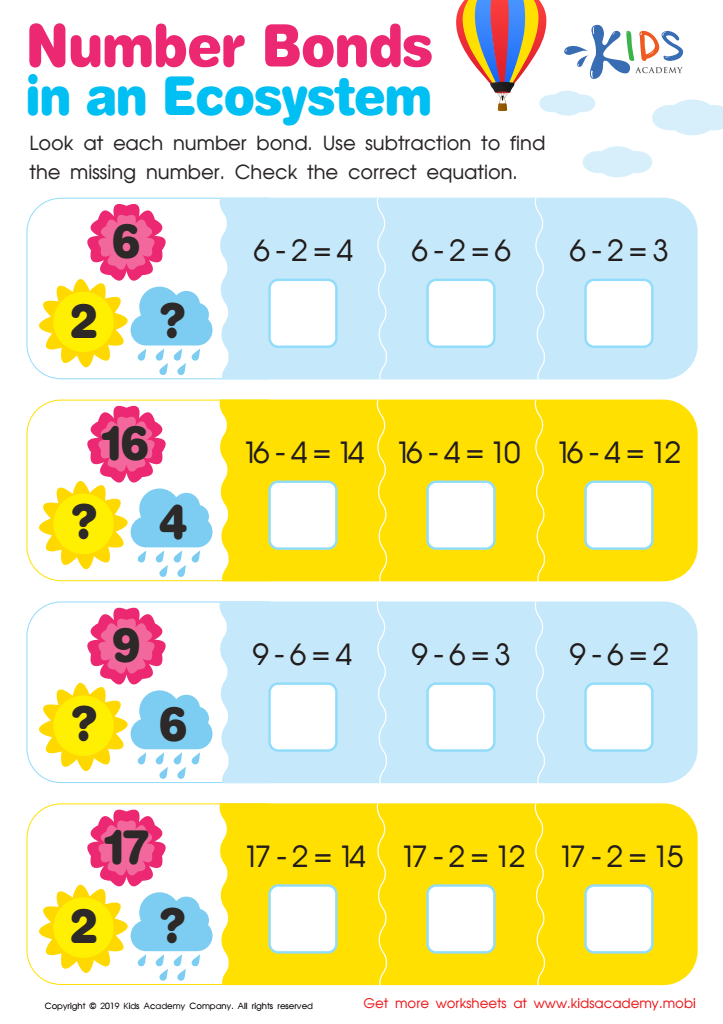

Number Bonds in an Ecosystem Worksheet
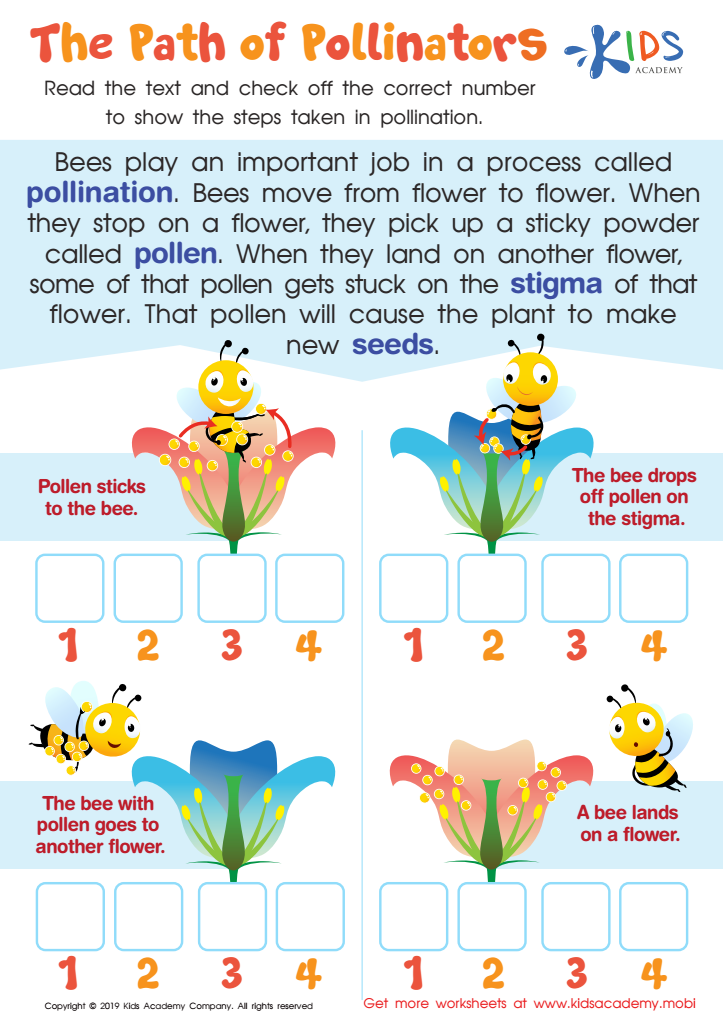

The Path of Pollinators Worksheet
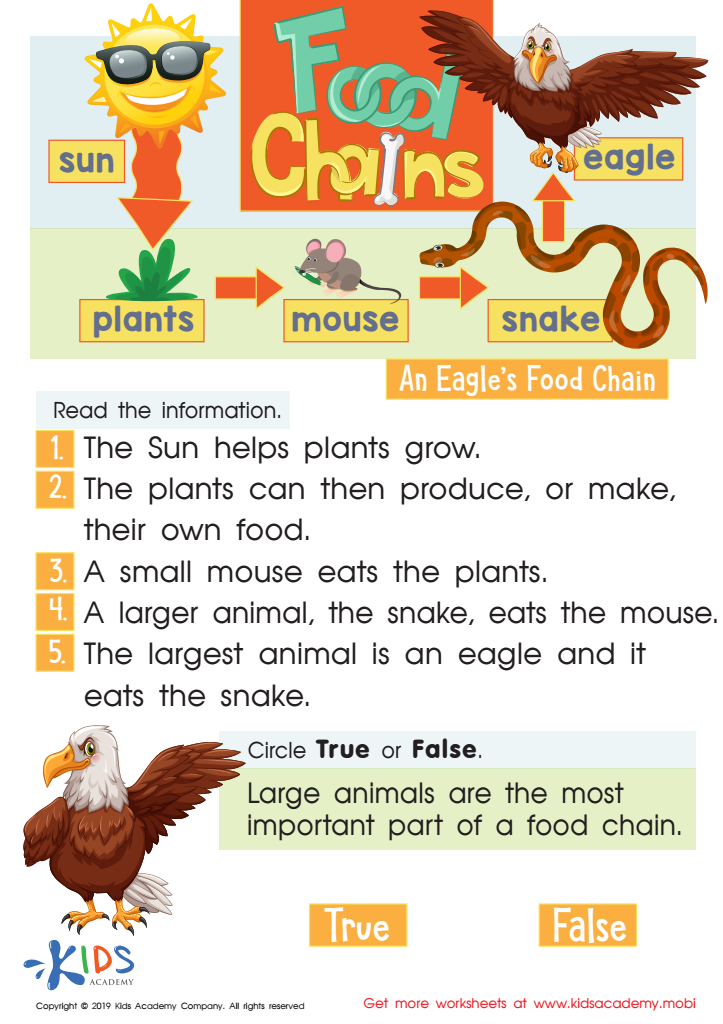

Food Chains Worksheet
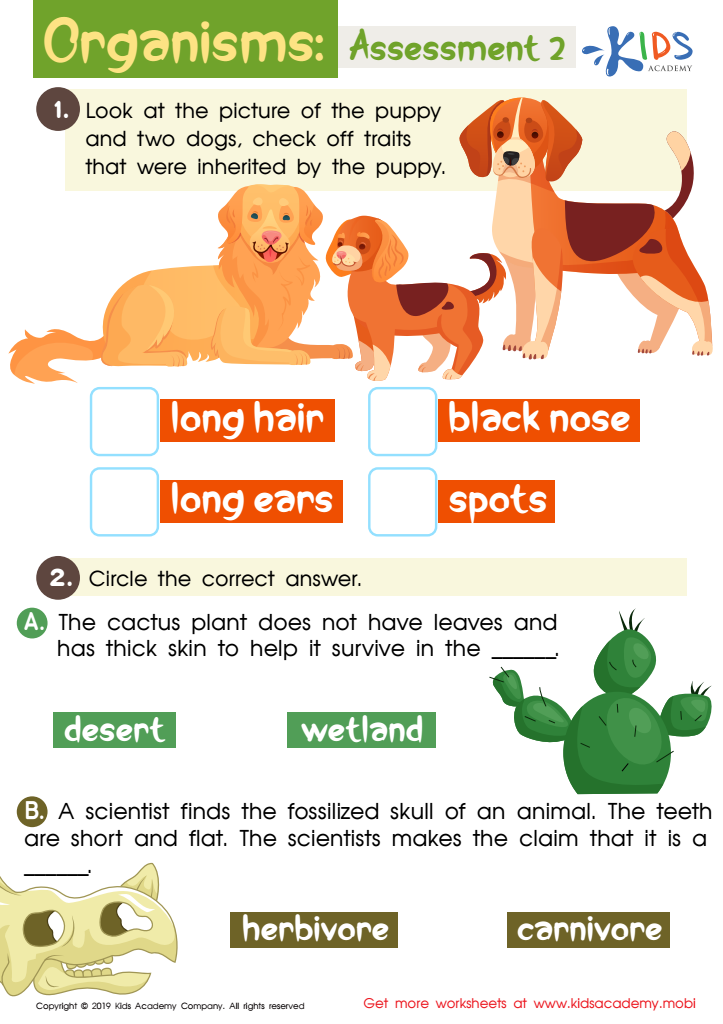

Organisms: Assessment 2 Worksheet
Learning about ecosystems is essential for children aged 8-9, as it helps cultivate an early understanding of environmental stewardship. At this age, children are naturally curious and eager to explore the world around them. Educating them about ecosystems fosters a sense of connection to nature, highlighting how different organisms, including plants, animals, and humans, interact and depend on one another.
Understanding ecosystems encourages children to appreciate biodiversity and the importance of conservation. As they learn about the roles of producers, consumers, and decomposers, they gain insights into the balance necessary for a healthy environment. This knowledge is crucial as they begin to recognize human impact on ecosystems—issues like pollution, climate change, and habitat loss—that are vital for their generation to address.
Moreover, learning about ecosystems contributes to developing critical thinking and problem-solving skills. Engaging with real-world environmental challenges allows children to think creatively about solutions. By embedding this knowledge early, parents and teachers can inspire a lifelong interest in science, instill values of responsibility toward the planet, and equip children with the mindset they need to become informed, active participants in protecting our natural world. Ultimately, this knowledge lays a foundation for sustainable living and future environmental leaders.
 Assign to My Students
Assign to My Students







